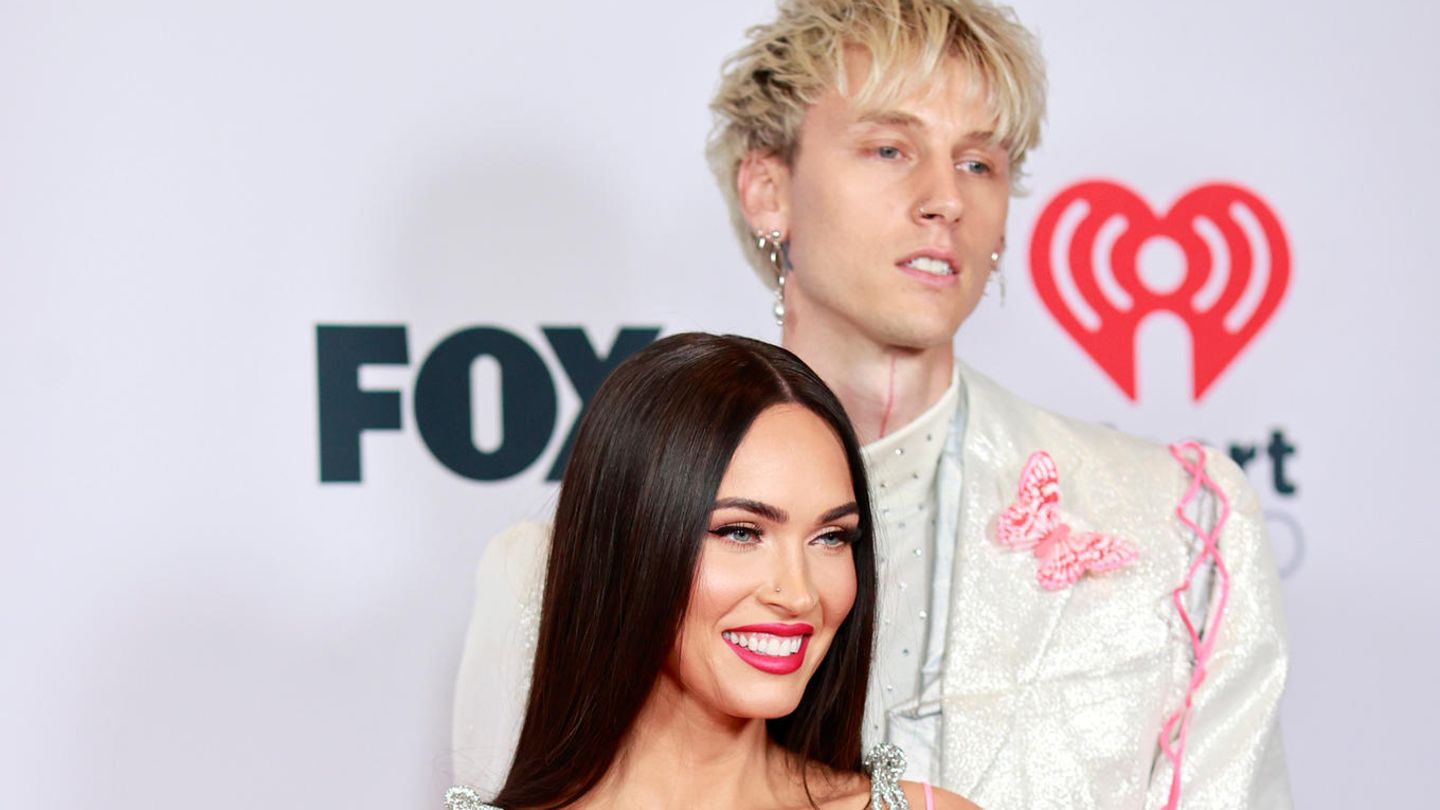Brussels, 12 January, LETA – AFP / AP / INTERFAX. NATO Secretary General Jens Stoltenberg said on Wednesday after a meeting of the NATO-Russia Council that the two sides had agreed to hold more talks, although there were significant differences of opinion.
After the meeting, Stoltenberg said that the alliance with Russia had significant differences of opinion regarding the “security guarantees” demanded by the Kremlin, but that NATO allies are ready to meet with Russian representatives again.
“There are significant differences of opinion between NATO allies and Russia on these issues, and these differences will not be easy to bridge,” Stoltenberg said. “But the positive thing is that all NATO allies and Russia are sitting at the same table.”
According to Stoltenberg, both sides “expressed the need for dialogue and to consider the schedule of further meetings”.
He said the Allies had agreed to hold a series of talks with Moscow on various strategic issues.
“Russia was not in a position to agree to the proposal. They did not reject it, and Russian officials explained that they needed time to return to NATO with a response,” Stoltenberg said.
He also warned that Russia would not have a veto over any decision by Ukraine to join NATO, and called for de-escalation of Russia’s concentrated forces on Ukraine’s border.
“Ukraine is a sovereign state, Ukraine has the right to self-defense. Ukraine is not a threat to Russia,” Stoltenberg said. “It is Russia that is the aggressor. It is Russia that has used force and continues to use force against Ukraine. And then they gather about 100,000 soldiers, artillery, armored vehicles, drones, tens of thousands of ready-to-fight soldiers and use threatening rhetoric – so is a problem. “
Russia’s deputy defense minister, Alexander Fomin, told the council that relations between Russia and NATO were “critically low”.
“This is against the backdrop of global instability, the terrorist threat, the proliferation of the current arms race, and the complete degradation of the European security architecture,” Russia’s defense ministry said at a meeting of the NATO-Russia Council in Brussels.
At the meeting, Fomins gave the council members “an assessment of Russia’s current state of European security, as well as explanations on the military aspects of Russia’s draft agreement on security guarantees,” the ministry added.
During the Council’s talks, Moscow openly pointed out to the alliance the serious risks that a further deterioration of relations could lead to, Russian Deputy Foreign Minister Alexander Grushko said at a press conference after the meeting.
“Today we do not have a unifying positive agenda. There is no such thing at all,” the diplomat said.
Deeply concerned about the concentration of Russian forces on Ukraine’s borders, the Alliance has been trying to arrange a meeting between NATO and the Russian Council for months, but this diplomatic path seemed threatened after the espionage scandal in October.
The Council has been used for dialogue since 2002.
Moscow has issued an ultimatum to the West demanding a halt to further NATO expansion to the east, as well as the dismantling of the Alliance’s infrastructure in the so-called new member states, restoring the status quo on 27 May 1997, before NATO’s first enlargement.
Russian President Vladimir Putin has threatened that if Moscow does not receive the “security guarantees” he has demanded, he will have to take “military technical measures”.
Russian Deputy Foreign Minister Sergei Ryabkov and other high-ranking Russian officials took part in the talks in Brussels. They went to Brussels after security talks between US and Russian officials took place in Geneva on Monday.
–


